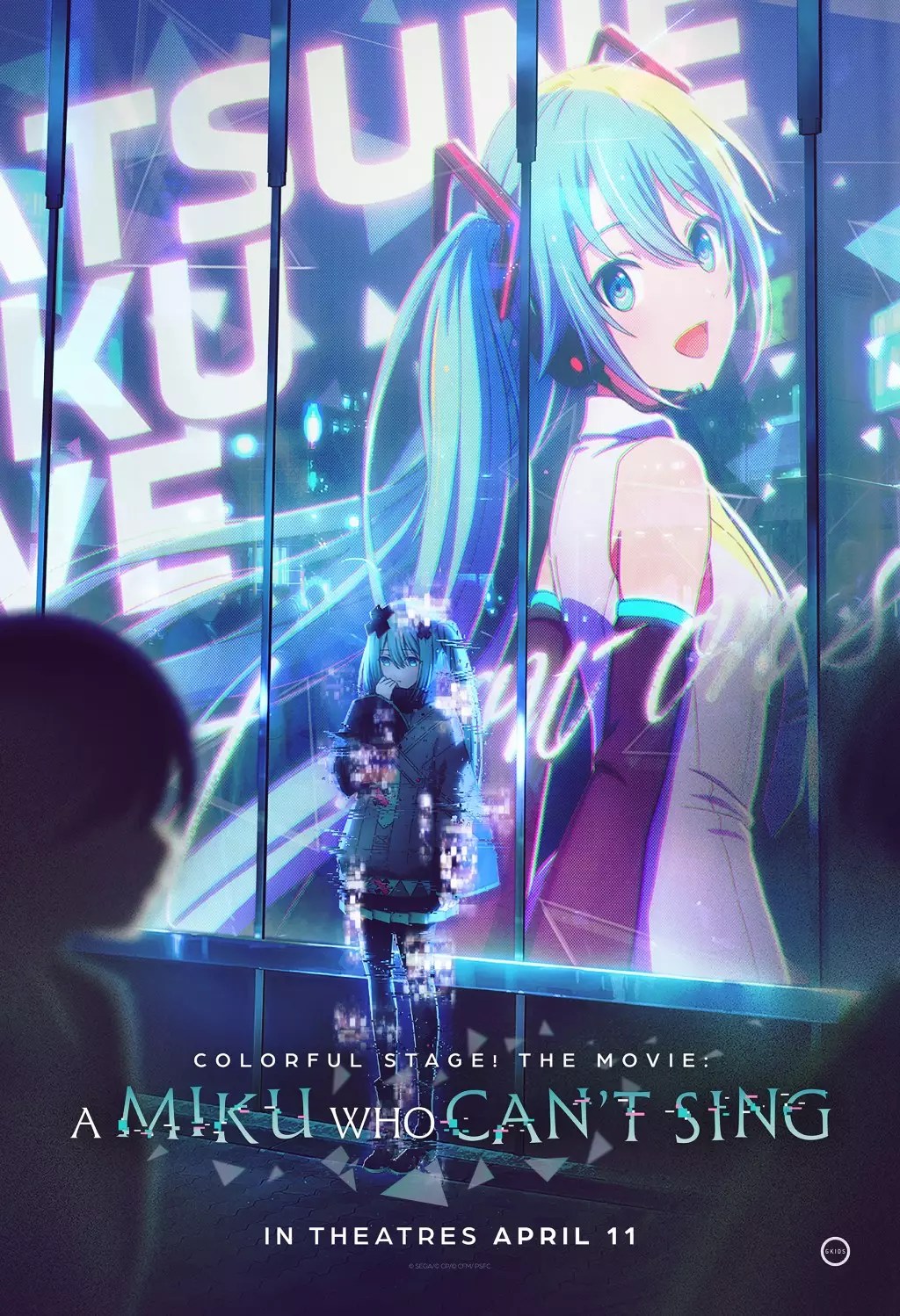In recent years, faith-based films have emerged from the shadows of the film industry to claim their rightful place on the box office charts, particularly noted during the recent Easter weekend. Angel Studios’ animated feature, *The King of Kings*, showcases not only an impressive box office performance but also indicates a shift in audience preferences. Generating $17.3 million in its second week on 3,535 screens, this film amassed a remarkable total of $45.3 million. Such figures are not mere numbers; they signal a robust demand for stories that resonate with core values and beliefs, challenging the stagnation that often characterizes conventional narratives.
A Forces of Faith and Community
The surge of *The Chosen: The Last Supper (Season 5) Part 3* proves that faith-oriented narratives are not just a niche market but are deeply woven into the fabric of popular culture. With $1.8 million in its second week, its cumulative total reaches $11.6 million, making this season the highest-grossing in the series history. The connection between producers and viewers seems more genuine than in typical blockbusters. This alliance creates an atmosphere where audiences feel they’re not just spectators but participants in a larger moral and cultural conversation. This is a stark contrast to many mainstream films that often prioritize spectacle over substance.
Competing Amidst Overcrowded Market
While faith-centric films resonate, the sheer volume of diverse offerings complicates their market position. The weekend saw an influx of titles, including GKids’ anime *Colorful Stage! The Movie*, which opened at number 7 with $2.76 million. The introduction of specific genres, such as anime and sophisticated re-releases like *Pride & Prejudice*, presents a competitive landscape. Yet, the durability of faith-based films highlights their unique appeal — offering something more profound than just entertainment; they strive to deliver narratives that reinforce hope and morality in an often disheartening world.
The Value of Tradition versus Modern Storytelling
The success of re-releases, particularly films like the 2005 version of *Pride & Prejudice*, demonstrates that nostalgia has a commercial value that is hard to compete against. Still, the risk taken by new faith-based narratives often elicits a more significant emotional response from viewers. As traditional films sometimes recycle themes of despair or disillusionment, faith-based productions embrace uplifting messages that encourage reflection and renewed faith. In an era where many tend to seek societal validation, these films offer solace and a renewed sense of belonging.
Challenging the Historical Narrative
Even films that seem to carry a more historical or artistic approach, such as Bleecker Street’s *The Wedding Banquet* and Moviegoers Entertainment’s *Kesari Chapter 2*, struggle to find a foothold in viewer preferences. A meager box office opening for these titles may point to a shift in how modern audiences evaluate the stories being shared. The thirst for films that cater to individual beliefs and values seems insatiable, thus challenging the narrative forms and content that have dominated for years.
As financial viability becomes intertwined with ideological values, the success of faith-based films inevitably affects all facets of the industry, from production choices to marketing strategies. The numbers speak clearly: a growing demographic yearns for more substantial, value-driven cinematic experiences.


Leave a Reply